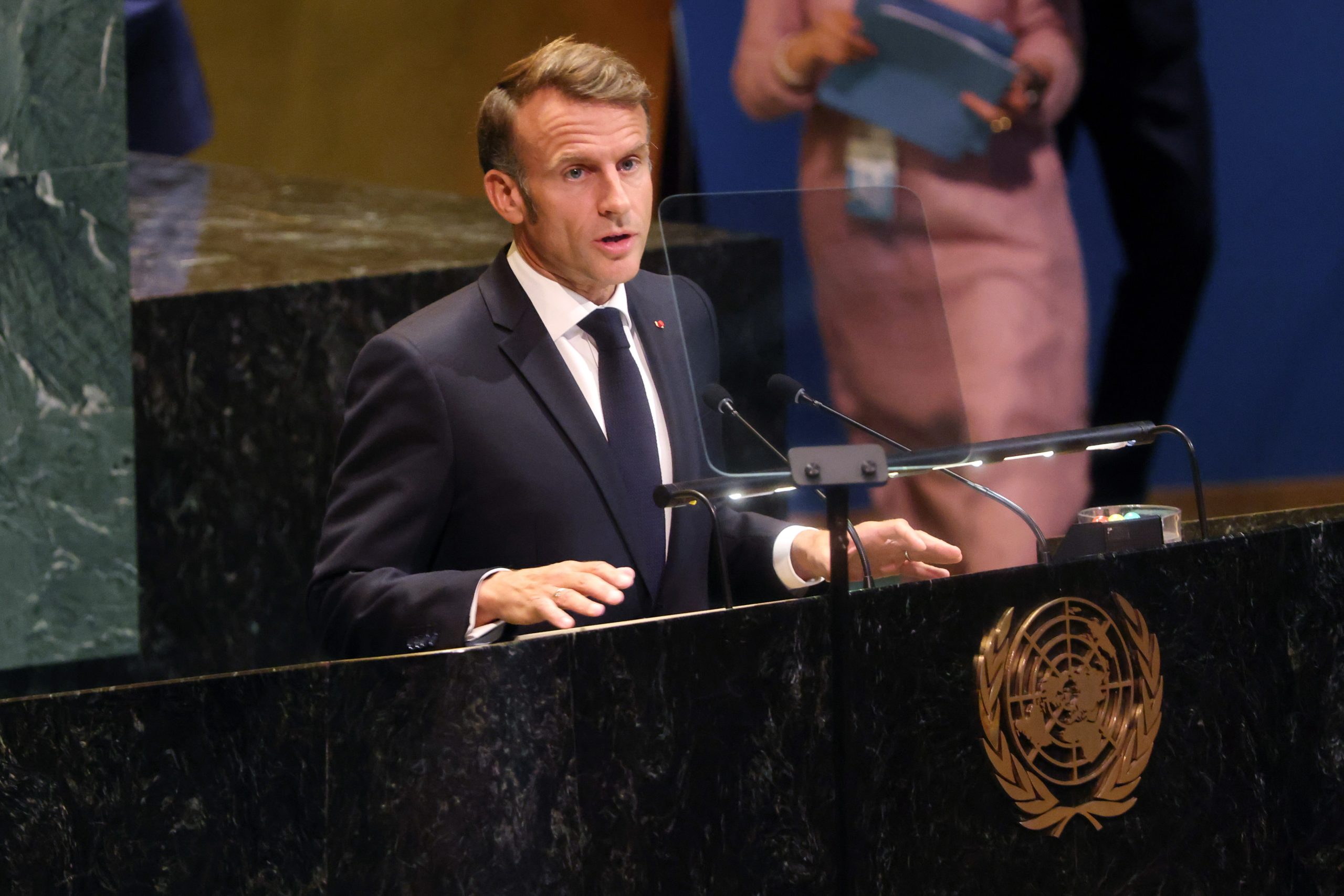The push for Palestinian statehood has reached a fever pitch, with unprecedented international backing yet facing seemingly insurmountable obstacles. As world leaders convened at the UN General Assembly in New York, the issue dominated discussions, highlighting a complex geopolitical landscape where hope and disillusionment intertwine. While several influential nations have voiced support, the path to a sovereign Palestinian state remains fraught with challenges.
A Surge in International Recognition
A significant shift in international opinion has emerged, with the UK, Canada, Australia, France, Belgium, Portugal, Luxembourg, and Malta all either formally recognizing Palestine as an independent state or signaling their intent to do so. This wave of support, particularly from European nations, represents a notable departure from previous hesitancy and underscores a growing international consensus on the need for a two-state solution. President Macron’s speech at the UN, solidifying France’s recognition, served as a powerful symbol of this evolving stance. This collective action puts considerable pressure on other nations, particularly those traditionally hesitant to fully acknowledge Palestinian statehood.
The Roadblocks to Recognition
Despite the encouraging surge in international recognition, the path to actual Palestinian statehood remains arduous. The most significant hurdle is the unwavering opposition of the United States and Israel. The US, a key player in Middle Eastern politics, continues to withhold recognition, hindering any significant progress towards a two-state solution. Israel’s position, deeply rooted in security concerns and ongoing territorial disputes, remains a major impediment to negotiations. Furthermore, the lack of a clear framework for negotiations and the ongoing internal divisions within Palestinian factions continue to complicate the situation. The absence of a unified Palestinian leadership capable of engaging in meaningful negotiations further undermines efforts to achieve a lasting peace.
Political Theater or Turning Point?
The question remains: is this recent surge in support a genuine turning point, or merely symbolic political theater? While the increased international recognition undoubtedly holds symbolic weight and exerts diplomatic pressure, its impact on the ground remains limited without the participation of key actors like the US and Israel. The lack of a concrete plan for implementation and the absence of direct engagement between the involved parties suggest a gap between international aspirations and tangible progress. The current situation underscores the need for a comprehensive diplomatic strategy that addresses not only the issue of statehood but also the underlying issues fueling the conflict, including territorial disputes, security concerns, and the humanitarian crisis in Palestine.
Conclusion:
The renewed push for Palestinian statehood marks a significant development in the long-standing conflict. However, the reality remains far from the ideal. While the increased international support is a positive step, translating this support into tangible progress requires a concerted effort from all involved parties, including a shift in the positions of the US and Israel, and a unified approach from within the Palestinian leadership itself. Until these hurdles are addressed, the hope for a sovereign Palestinian state remains a distant, yet persistently pursued, goal.
Based on materials: Vox





